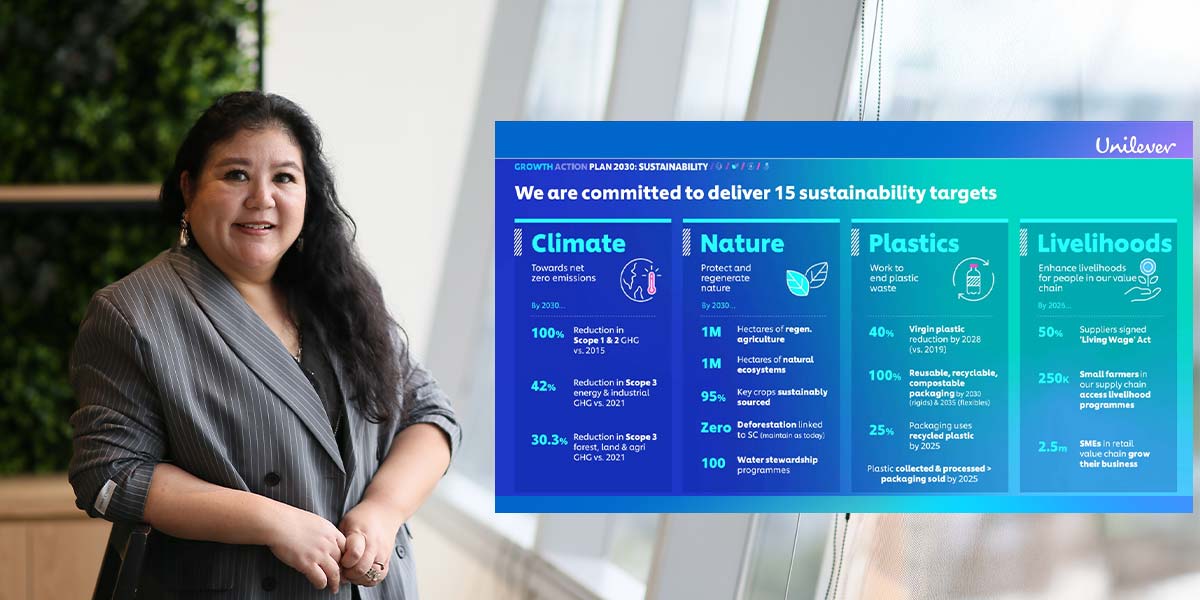Unilever, a global leader in consumer goods and digital innovation, is driving its business strategy towards the Net Zero target by 2039. This begins with the achievement of reducing greenhouse gas emissions in Scope 1 and 2 by 72% since 2015, using digital technology and artificial intelligence (AI) to enhance sustainable operations throughout the supply chain, plastic management, as well as effective monitoring. This reinforces Unilever’s commitment to grow steadily while creating tangible value for the world and a sustainable society.
Unilever aims to reduce Scope 1 and 2 greenhouse gas emissions by 100% by 2030, while also targeting a 42% reduction in Scope 3 emissions – covering supply chain activities and product usage within the same year. In addition, the company has clear goals on plastic management, aiming to increase the proportion of recycled plastic in packaging to 25% by 2025, reduce the use of virgin plastic by 30% by 2026 and 40% by 2028 compared to the 2019 baseline, and to ensure that all rigid plastic packaging is reusable, recyclable, or compostable by 2030, and flexible packaging by 2035.
Mrs. Nattinee Netraumpai, Head of Communications, Corporate Affairs, and Sustainability, Unilever Thailand, said: “Unilever places great importance on providing choices that meet both product performance and environmental friendliness for consumers. Currently, 57% of Unilever’s plastic packaging is reusable, recyclable, or compostable. Under the Bright Future project, which extends from the Clean Future initiative launched in 2019, Unilever Thailand has continued to develop environmentally friendly products, from more sustainable packaging and ingredients to natural and biodegradable products such as Sunlight RHAMNO Clean, helping reduce CO2 in Scope 3. Importantly, we have applied digital technology and AI at every stage of the value chain, from sustainable sourcing of raw materials, efficient production, to product development that meets the needs of both consumers and the environment so that we can ultimately achieve our sustainability goals.”
Unilever Thailand’s success is also evident in the Gateway factory in Chachoengsao province, which has been certified for 100% renewable energy use since 2023 through the development of Biomass Boilers and Solar Roofs, as well as the adoption of Digital Twin technology to simulate production and packaging design. This reduces costs, cuts waste, and improves quality without the need for physical trials.
Unilever Thailand is proving that sustainability is not only a social mission but also a business strategy that enhances long-term competitiveness. By integrating AI and digital technology into every value chain, from upstream to downstream, the company is building a truly circular economy.
We are confident that sustainability is at the heart of business for steady growth,” concluded Head of Communications, Corporate Affairs, and Sustainability. “With collaboration from all sectors and the potential of innovation, Unilever will continue to create both business value and value for the world and society in tangible ways.”





